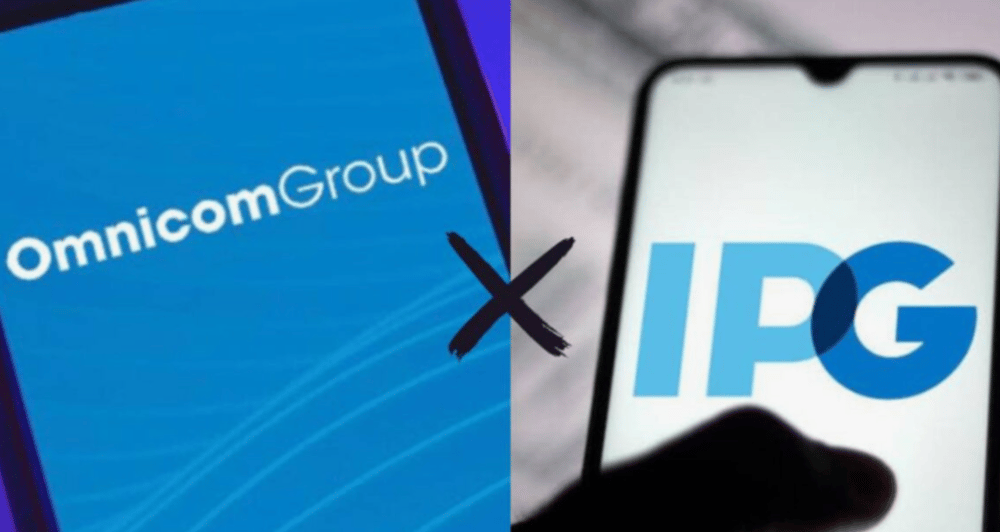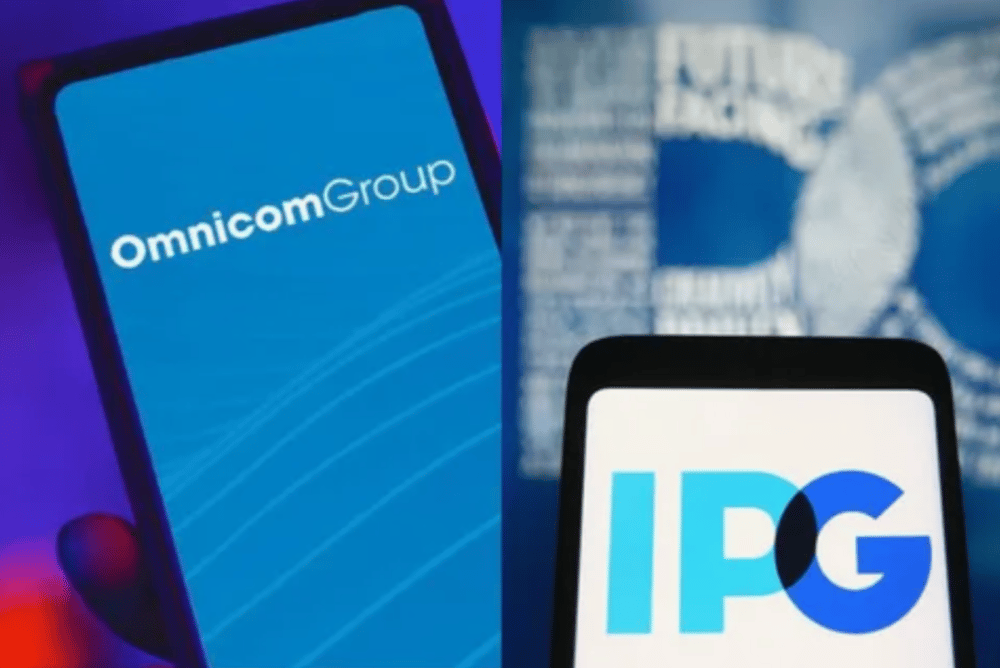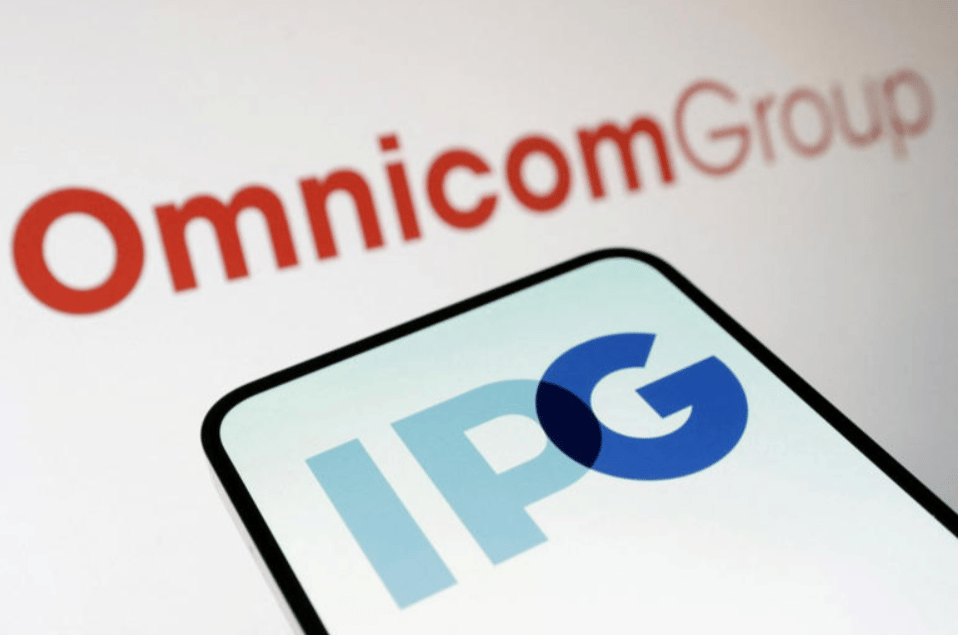UK Watchdog Investigates $13.25 Billion Omnicom–Interpublic Merger Over Competition Concerns
The UK's Competition and Markets Authority (CMA) has officially launched an investigation into the proposed $13.25 billion all-stock merger between Omnicom Group Inc. $OMC and Interpublic Group of Companies Inc. $IPG. The merger, if approved, would create the world’s largest advertising agency holding company, potentially reshaping the global advertising landscape.
Announced in December, the deal is positioned to close in the second half of 2025. However, regulators in both the UK and United States have raised questions about the implications of such consolidation in an already highly concentrated sector. The UK CMA will assess whether the deal could substantially lessen competition in domestic advertising services, while the U.S. Federal Trade Commission (FTC) is conducting its own parallel review.
Deal Dynamics and Competitive Implications
The merger between Omnicom and Interpublic would consolidate two of the “Big Five” global advertising conglomerates into a single entity, creating a behemoth with unmatched market reach across media buying, creative services, and digital marketing.
Such a combination has far-reaching implications for media pricing, client access to independent agencies, and platform neutrality, particularly amid increasing political polarization in advertising channels. According to Reuters, the FTC may impose behavioral conditions to prevent political bias in ad placement—a growing concern given the influence of major ad agencies over content monetization.

Key Facts: Omnicom–Interpublic Merger Review
💰 Deal Value: $13.25 billion, all-stock transaction
🏢 Parties Involved: Omnicom Group Inc. and Interpublic Group
🕒 CMA Deadline: August 13 for Phase 1 review
🇬🇧 Jurisdiction: UK’s Competition and Markets Authority
🇺🇸 US Scrutiny: Federal Trade Commission (FTC) review underway
🎯 Regulatory Focus: Market competition, platform bias, media buying concentration
Market Reactions and Industry Perspectives
The merger has drawn a mixed response from stakeholders. While investors see potential cost synergies and enhanced global scale, clients and regulators are more cautious. Critics argue that fewer large players in the advertising market could lead to higher costs for advertisers, less innovation, and reduced transparency in pricing models, particularly for programmatic ad services.
Media analysts suggest the regulatory focus on political content neutrality could become a defining precedent for future mergers, especially as ad agencies face pressure to moderate or boycott certain media platforms. If the FTC imposes restrictions, it could limit the new entity’s discretion over platform-level advertising decisions, potentially affecting operational flexibility.
The SPX-listed shares of Omnicom and Interpublic have remained relatively stable following the announcement, indicating that investors are cautiously optimistic about regulatory approval but aware of the risks of delays or concessions.

Key Strategic Points
The deal would create the world's largest advertising company, eclipsing rivals like WPP $WPP and Publicis Groupe $PUB.PA.
UK regulators are concerned about reduced competition, particularly in media planning and buying.
FTC’s political content clause signals growing regulatory interest in platform neutrality.
The advertising technology landscape may be reshaped, especially in programmatic and AI-driven marketing.
Clients could face higher costs or limited choice, prompting possible realignments with independent agencies.
Regulatory Oversight to Define the Future of Global Ad Tech
As the CMA and FTC deliberate over the implications of the Omnicom–Interpublic merger, the outcome will have wide-reaching consequences for the advertising industry, platform governance, and market competition. If approved, the deal will mark a transformative moment in the sector, consolidating creative, digital, and media capabilities under a single dominant entity.
However, if regulators impose conditions or block the merger, it could set a precedent that limits further consolidation in the communications and media sectors. In either scenario, this merger underscores how antitrust scrutiny is intensifying globally, particularly in industries that act as gatekeepers to information, commerce, and public discourse.















Comments
This merger could redefine the advertising industry, but let's hope it doesn't stifle competition in the process.
This investigation could be a game changer for the advertising industry—let's see how it unfolds.